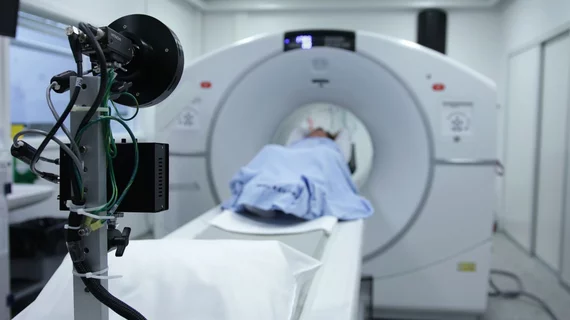Physicians and scientists in Germany have developed an artificial neural network that’s capable of interpreting brain MRI scans to tell neuroradiologists how brain tumors are responding to chemotherapy and radiation therapy, according to a study published in The Lancet Oncology.
Philipp Kickingereder, MD, MBA, of Heidelberg University Hospital and colleagues trained their network’s algorithms on more than 2,000 MRIs of more than 500 glioblastoma patients.
After getting the algorithms to automatically recognize and localize the cancers, the team trained them to volumetrically measure masses. In a series of scans, this latter task can reveal if a tumor is shrinking after treatment.
To validate their results, members of the team worked with the European Organization for Research and Treatment of Cancer.
In a news release jointly sent by the German Cancer Research Center and Heidelberg University, Kickingereder said the technique improved reliability over standard manual assessment of therapy by 36 percent.
The AI advance is already being tested in a clinical trial. At the National Center for Tumor Diseases in Heidelberg, researchers are incorporating it in their work to improve the treatment of glioblastoma patients.
Study co-author Klaus Maier Hein said the team hopes to eventually adopt the technology for radiological diagnosis of other diseases in or affecting the brain, such as multiple sclerosis.

